
views
The US midterm elections offer enough drama to intrigue even the most casual news junky - a mix of power, war, corruption and sex that would make a Hollywood producer giddy. They also promise to have a profound impact on the world - from the future of Iraq, to Latin American immigration, to finding a way to deal with a nuclear North Korea.
The stakes couldn't be higher. So why aren't the congressional elections the talk of Paris cafes, Kabul tea houses and Tokyo nightspots?
Around the world, George W Bush remains as intensely disliked as ever by millions of people, and a triumph for the Democrats on November 7 would be greeted by many with jubilation and even vindication - a feeling that Americans are finally coming around to the view that Bush's policies put the world at risk.
And contrary to what some Americans may think, there's a whole world out there beyond the boundaries of US obsessions.
The French are focused on their own presidential elections next year, the Indonesians with the end of the Muslim holy month of Ramadan, the British with who will succeed Tony Blair, the Swedes with the resignations of two Cabinet ministers who neglected to pay taxes on their nannies, the Thais with a recent coup.
While there are pockets of interest in the US vote, most people say that for now they are too busy worrying about local issues - or simply making ends meet - to pay much attention to Washington.
''Midterm election? I've never heard of that,'' said Liu Defa, a 38-year-old fruit vendor in Shanghai, China. ''I do watch the TV news every day but I prefer to hear about how the weather will affect my fruit business.''
Delia Hermosa, a nurse taking blood-pressure readings on a busy pedestrian walkway in Buenos Aires, Argentina, said she was unaware of the vote, but that she hoped American voters would hand President Bush a stinging rebuke.
''I hope they bust him up good,'' said Hermosa. She blamed Bush for unnecessary deaths in Iraq and Afghanistan.
Many complained the American political system - in which one-third of the Senate and the entire House of Representatives is re-elected every two-years - is too complicated to figure out anyway.
In Egypt, where Bush is supremely unpopular over the war in Iraq and his support for Israel, many said they were too concerned with rising food prices to care about events in faraway Washington.
Abdullah Abdel Qader, a former soldier who works in a shop in Cairo, said he hoped Bush would be forced from power, an unlikely event given America's separation of legislative and executive power.
''Nobody loves him,'' said Qader. ''For sure he will be sacked from his party.''
In India, where Bush's popularity is relatively high, some were hoping his party would come out on top.
''Bush has recognized India as a powerful nation that can help America,'' said Rajesh Kumar, 34, an electronics shop owner in New Delhi. ''I hope Bush is stronger after the elections. He is a great man.''
PAGE_BREAK
Even in countries where US policy could have a profound effect, many were too jaded by disappointment to get worked up about the vote.
Amir Jabar, an Iraqi teacher, said he was more preoccupied with bombs and bullets, than American ballots.
''We are not concerned with these elections. We have bigger problems to worry about,'' said the Baghdad resident. ''We do not expect that things will change in this country after the elections because we do not see a difference between Democrats and Republicans. Both groups' policies have brought disaster to this country.''
In North Korea, where news is tightly controlled, it is not clear what ordinary people are thinking of the vote, or if they are even aware of it. But many observers believe the government of dictator Kim Jong Il has taken a keen interest in American politics, perhaps even timing this month's nuclear test to have an effect on the vote.
Bush branded the North a member of the ''axis of evil'' in 2002, and the North shot back by calling Bush a ''political imbecile'' ahead of the 2004 US presidential elections.
North Korea is ''very personally anti-Bush, they believe that Democrats will be more willing to negotiate with them,'' said Andrei Lankov, a North Korea expert at Seoul's Kookmin University.
In Pakistan, analysts say the government of President Gen. Pervez Musharraf, a staunch US ally, is probably hoping the Republicans can cling to power. Ordinary people see the vote somewhat differently.
''What do we have to do with the election there?'' said Abid Wali, a grocery store owner in the teeming southern port city of Karachi. ''But I wish that Bush and his party lose.''
In Mexico, where many are furious over the American administration's decision to erect a 700-mile-long fence along the border, the midterm election has barely registered, except among expatriates.
Howard Feldstein, who runs a group called Democrats Abroad in Mexico, said he takes his campaign to the streets on occasion when he wears an anti-Bush button displaying Spanish swear words in connection with the US president.
''Mexicans see it and give me a thumbs up,'' Feldstein said. ''I've never once gotten a thumbs down.''










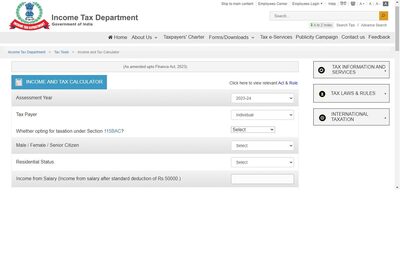


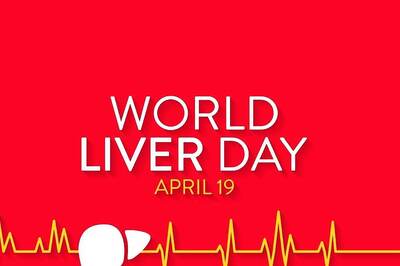
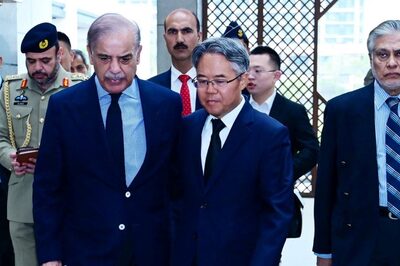



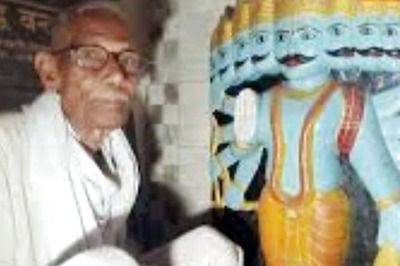
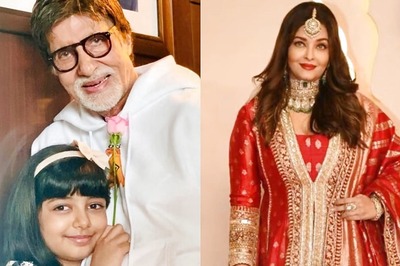
Comments
0 comment